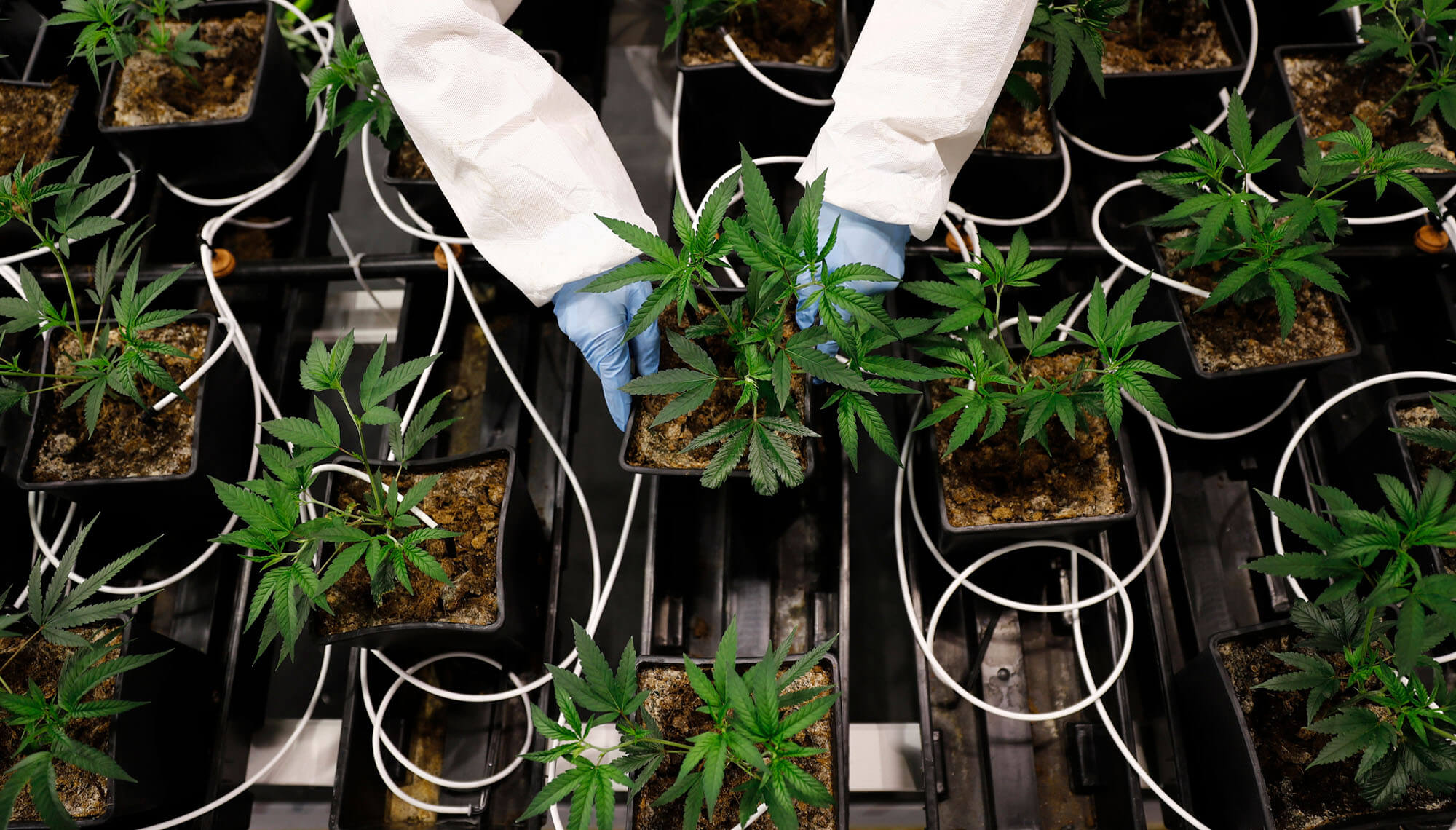Introduction to Canada’s Recreational Cannabis Edible Regulations

21 Oct 2019
Health Canada Releases Final Regulations
Background
Cannabis is not a new concept to Canada, as hemp has been regulated under the Industrial Hemp Regulations since 1998 and medicinal cannabis, under the Access to Cannabis for Medical Purposes Regulations, has been legalized since 2001. More recently, in October of 2018, Canada became the second country (behind Uruguay) and the first G7 nation to legalize recreational cannabis under the appropriately named Cannabis Act and associated Cannabis Regulations. Initially, the Cannabis Regulations permitted fresh and dried cannabis, cannabis seeds, and cannabis oil; however, amendments to the Cannabis Regulations, permitting cannabis edibles, concentrates, and topicals, came into force on 17 October 2019. The final Cannabis Regulations as they relate to cannabis edibles are described below.
Before continuing, it is important to quickly distinguish between the 2 most studied cannabinoids found in cannabis: delta-9-tetrahydrocannabinol (THC) and cannabidiol (CBD). THC is the cannabinoid normally associated with the psychoactive properties of cannabis, while CBD is the cannabinoid that does not cause a psychoactive "high" like THC. Although both cannabinoids have purported medical benefits, CBD has been reported to reduce the side effects of THC and increase the levels of the human body's own endocannabinoids.
Edible Regulations
Although cannabis edibles are marketed in a food-like format, cannabis edibles are regulated separately from the Canadian Food & Drugs Act and its associated regulations. These products will not be considered foods or drugs and will have their own requirements for composition, packaging/labelling, and marketing, as described within the amended Cannabis Regulations.
Under the Cannabis Act, up to 10 mg THC is permitted per package. This could mean 5 gummies in a package could have up to 2 mg THC each, or a chocolate bar split into 10 pieces could have up to 1 mg THC per piece. This is in contrast to edibles in legalized states, such as Colorado and California, in which 10 mg THC is the serving size, with a maximum allowable amount of 10 serving sizes (100 mg THC) per package. Health Canada has stated there will be no limit on CBD in edibles. The quantity of cannabinoids in the product will determine the permitted analytical variance. If the labelled cannabinoid content exceeds 5 mg, a 15% variance in quantity is permitted; if the labelled quantity is between 2 mg and 5 mg, a 20% variance is permitted; and if the labelled quantity of cannabinoids is less than 2 mg, a 25% variance is permitted. If a cannabis product that is not in discrete units is represented as being able to be divided into discrete units, each represented unit must contain no more than a 25% variance in cannabinoid concentration.
Under the Cannabis Act there are also restrictions on what can be considered an edible and what can be added to them. For example, edibles must be shelf-stable, so a product needing temperature control, such as a cannabinoid-infused ice cream, would not be permitted. Also, no elements of cannabis edibles can be associated with alcoholic beverages, vaping products, or tobacco products. The addition of vitamins, minerals, alcohol, nicotine, or caffeine to edibles is prohibited; however, up to 30 mg of naturally occurring caffeine (such as from chocolate) is permitted, and up to 0.5% w/w ethyl alcohol is also permitted in edibles. Furthermore, cannabis edibles cannot be made in the same facility as conventional foods and beverages, but they can be manufactured in another building within the licensed site.
The same child-resistant and plain packaging requirements will carry over from what is currently used for inhalable cannabis products. This is to ensure that the edible cannabis product is unappealing to children and to prevent accidental consumption. The label of the cannabis edible must include the following:
- THC/CBD content
- Equivalency to dried cannabis (this is to determine public possession limit – 30 g of dried cannabis is equivalent to 7.5 g of a cannabis product)
- Ingredient list
- Nutrition facts table
- Allergens
- Expiry date (if the date is 90 days or less)
- Standardized cannabis symbol for products containing THC
- Health warning message
Health warning messages are required on cannabis and cannabis products. These warnings include messages such as "cannabis smoke is harmful", "do not drive or operate heavy equipment under the influence", "do not consume cannabis while pregnant or breastfeeding", as well as other warnings of the prolonged effects of THC on mental health and the risk of cannabis use in adolescents. However, the list of warning messages has been updated to include statements pertaining to edibles:
- "WARNING: It can take up to 4 hours to feel the full effects from eating or drinking cannabis. Consuming more within this time period can result in adverse effects that may require medical attention".
- "WARNING: The effects from eating or drinking cannabis can be long-lasting. The effects can last between 6 and 12 hours following use".
Finally, the label of a cannabis edible cannot include any health benefit or nutrition claims.
Summary
These federal regulations are the first of their kind and will likely evolve over time. Despite cannabis edibles becoming legal on October 17th of this year, products will not begin to hit store shelves until mid-December 2019, as Health Canada requires a 60-day notice from federal cannabis license holders on their intent to sell new products. Intertek's Food & Nutrition Assurance experts can aid in navigating the above regulations. We can also support a range of nutrition, risk assessment, and food safety compliance requirements. For more information visit: https://www.intertek.com/food/consulting/

Dayna Lozon B.Sc.
Associate, Food & Nutrition Group
Health, Environmental & Regulatory Services (HERS)
Today's expert blogger is Dayna Lozon, as Associate within Intertek Scientific & Regulatory Consultancy. She is a graduate of the University of Guelph with a Bachelor of Science in Toxicology. As part of the Food & Nutrition group, Ms. Lozon provides expertise in the areas of NHP (natural health product) license applications, and cannabis regulations.